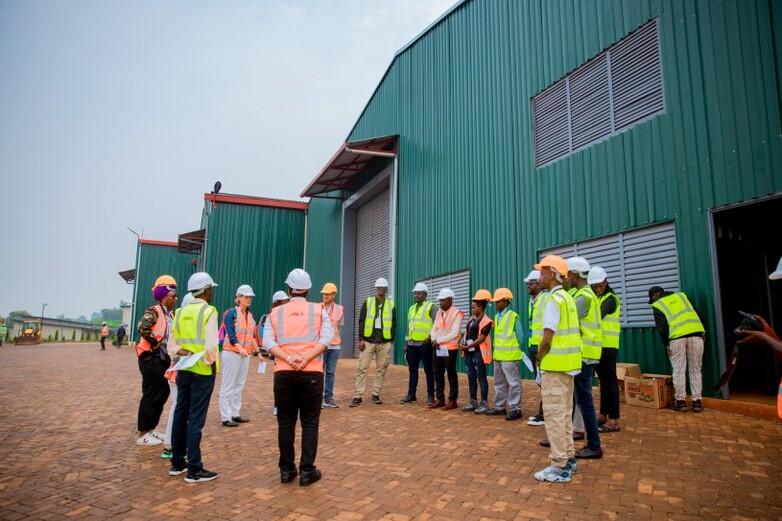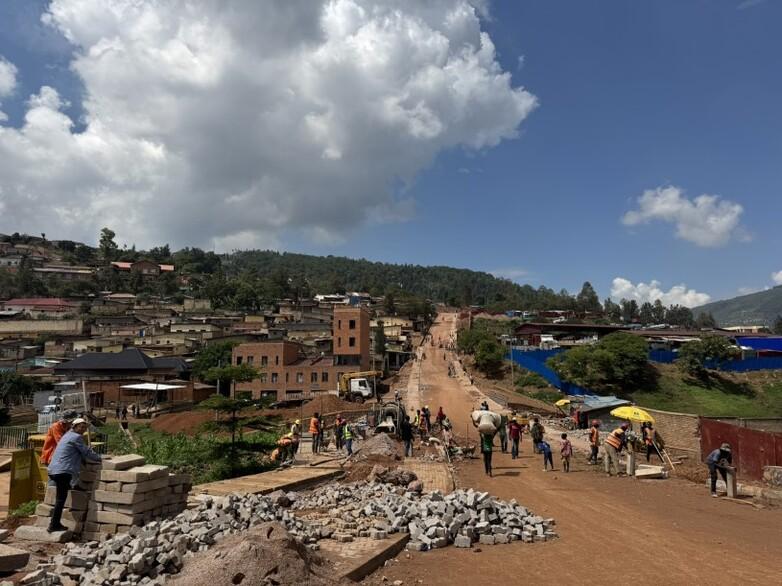Context
Rwanda is currently experiencing one of the fastest urbanisation processes in Africa. Further growth is politically desired: The Rwandan Government aims to transform Rwanda into a middle-income country, and considers towns and cities as vital engines of economic growth.
The proportion of urban residents is expected to increase to 70 per cent of the population by 2050. However, urban development is not proceeding according to plan. Over 60 per cent of the urban population – some 3.7 million people – live in unplanned settlements without adequate access to infrastructure, services or housing. The majority of urban households are low-income, and most residents cannot afford to own property. Instead, they live in poor conditions in rental housing. Compounding the challenge, Rwanda currently faces a shortfall of more than two million homes.

